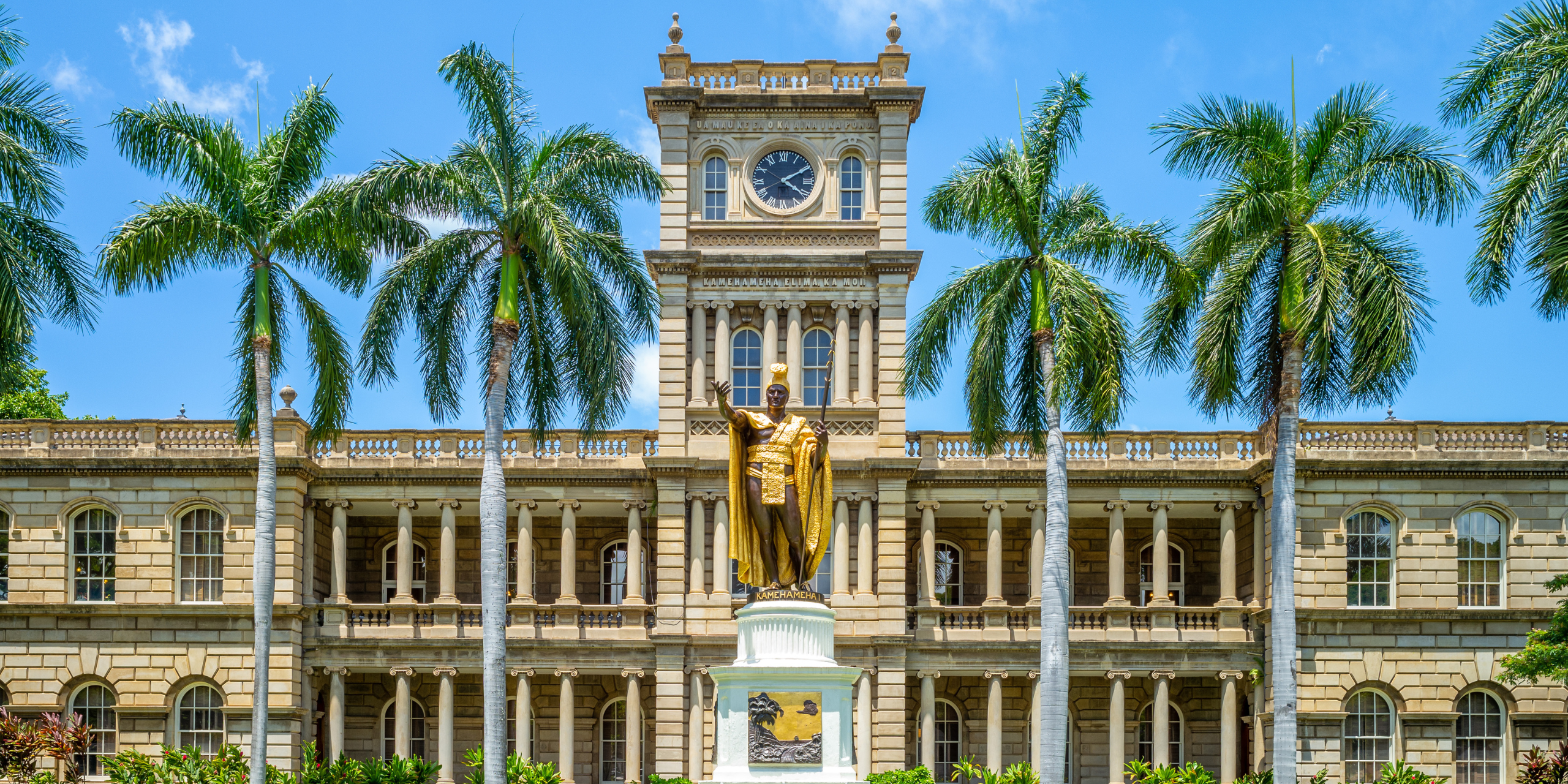
State Supreme Courts are on the Front Lines of Defense Against Attempts to Roll Back Environmental Protections
By: Coby Dolan, Legislative Director of the Access to Justice Program, Earthjustice Action
The Trump administration has challenged, undermined, and even eliminated key environmental protections — from defunding agencies established solely to safeguard people’s health, public lands, and the planet, to implementing massive rollbacks of clean energy investments that will help us reduce emissions and combat climate change. However, states from coast to coast, from Washington to Vermont, are fighting back by implementing their own, more robust environmental protections. This couldn’t come at a more critical time. As the federal government fails to enforce even our most fundamental environmental policies, it will fall on states to take up the mantle to protect our communities. In addition to governors, state legislators, and local officials, there’s another group that will play an important role in that future: our courts.
State supreme courts serve as a critical last line of defense in making decisions related to state constitutions. And unlike the U.S. Supreme Court, many of these state supreme courts are elected by the people. We need these courts to have qualified, fair-minded justices on the bench to enforce laws. So why is it that many state courts — and the elections for the people who sit on them — fly under the radar for many of us?
The short answer is that oftentimes, state court races appear at the bottom of voters’ ballots and therefore don’t receive as much attention. In dozens of states, voters elect the justices who serve on their state supreme courts, which is noteworthy for two reasons. First, since the president has the power to nominate federal judges, who are later confirmed by the U.S. Senate, being able to elect state justices is the easiest and most straightforward way for the people to have their voices heard when it comes to the judiciary. Second, over 95 percent of legal cases are handled at the state level — resulting in more than 100 million cases a year — addressing issues that significantly impact our fundamental rights, public health, and the environment. State supreme courts have the final say in most of them.
It is critical that we don’t leave this tremendous power in the wrong hands.
In recent years, state supreme court races have garnered increasing interest, particularly from industry interests and wealthy individuals who seek to roll back decades of environmental and civil rights progress. April’s Wisconsin Supreme Court race shattered spending records as corporate interests and billionaires fought to win control of the state’s ideological majority. Ultimately, voters rejected those attempted power grabs and chose a justice who best aligned with their values.
However, those who contributed to the Wisconsin race were far from the first to do so — in fact, extremist forces, from polluting industries to other economically and politically powerful entities, have worked for decades to elect and get confirmed judges that do the bidding of the few at the expense of the many. The scales of justice are now seriously unbalanced and require our urgent response.
We need look no further than the decisions the radical U.S. Supreme Court (SCOTUS) majority handed down the last few years. They are taking a wrecking ball to our public health protections, our environmental standards, and even our democracy and civil rights. And with the ability to appoint new federal judges in Trump’s hands, the states are more important than ever.
For example, even though SCOTUS gutted protections for wetlands in its 2023 Sackett v. EPA decision under the federal Clean Water Act, state supreme courts have been able to hear cases that apply state laws to restore some of these critical protections. Last year, Colorado was the first state to adopt new legislation (HB 1379) to protect its wetlands and perineal streams following SCOTUS’s damaging ruling.
Moreover, just last month, SCOTUS gutted the bedrock National Environmental Policy Act, which set the standard for the government to consider the environmental impacts of big projects. With those federal regulations, which protect communities and their local habitats, all but eliminated, it will be up to local governments to establish their own standards – and state supreme courts to enforce them.
We now know with certainty that having independent, experienced state supreme court justices on the bench isn’t just a good thing to have, it’s a necessity. It’s about having state justices who uphold sound agency science and expertise in implementing our public protection laws. It’s about having state justices who treat every litigant fairly. And, it’s about having justices who understand how pollution impacts communities of color and low-income communities who have long experienced its disproportionate impacts, not just a corporate polluter’s bottom line. Voting for these kinds of justices is an essential way to make our voices heard.